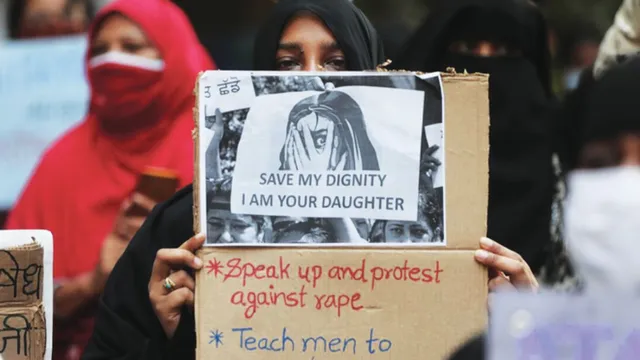- By Supratik Das
- Tue, 11 Nov 2025 01:23 PM (IST)
- Source:JND
Pakistan news: A new nationwide survey has found an alarming rise in mental health disorders across Pakistan, with divorced individuals, women, and low-income urban residents among the most affected.
According to the National Psychiatric Morbidity Survey of Pakistan 2022, almost 38 per cent of Pakistanis have experienced at least one psychiatric disorder in their lifetime, while 32 per cent harbor a current mental health condition. More alarmingly, over 6 per cent reported suicidal thoughts within the past month.
Women, Divorced Individuals Hit Hardest
The study found that divorced men and women face some of the highest rates of psychological distress, often suffering from isolation, social stigma, and a lack of support systems. Experts said the emotional toll of family breakdown, unemployment, and societal judgment has left this group “highly vulnerable and neglected” in Pakistan’s mental health landscape.
Women continue to bear a disproportionate emotional burden, which, the survey said, is due to domestic abuse, financial dependence, and social inequality in addition to double responsibility for managing unpaid household work and caregiving. “Pakistan cannot build resilience without recognising the emotional toll of inflation, unemployment, family conflict and social insecurity on women and young people,” said Prof. Muhammad Iqbal Afridi, Chair of the Scientific Committee at the 26th National Psychiatric Conference in Karachi.
Alarming Trends And Urgent Reforms
The survey detailed that mental disorders affect 19.6 per cent of the population, neurotic and stress-related disorders 24.8 per cent, psychotic disorders 4.5 per cent, and substance-related disorders nearly 1 per cent.
Mental health experts said the findings underscore the urgent need for national reforms. “Without policy intervention, Pakistan's mental health crisis will deepen, leading to long-term social and economic consequences,” warned Prof. Afridi. He also appealed for the integration of psychological well-being into education, healthcare, and community programs, and for teachers and religious institutions to be trained to support emotional resilience.
Speakers at the conference warned that academic pressure, unemployment, and stress linked to social media are damaging the mental health of young Pakistanis. “Every third Pakistani today struggles silently with some form of psychological disorder,” Prof. Afridi added. “It’s time to make mental health a national priority before this crisis becomes unmanageable.”

